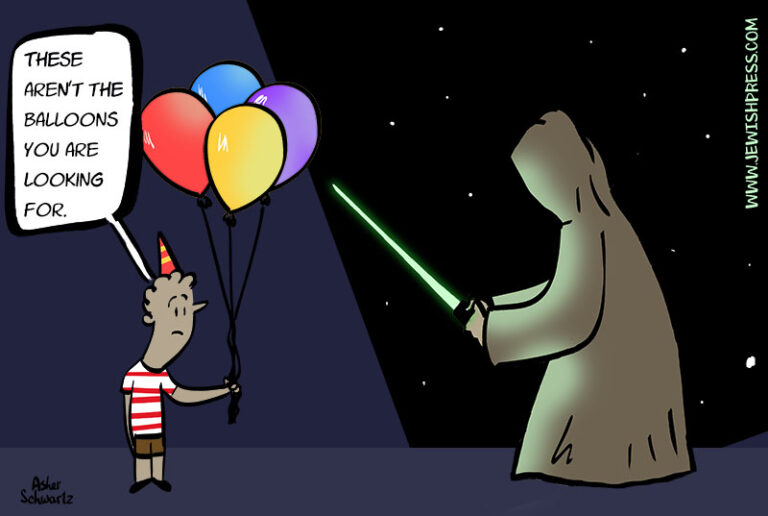Photo Credit: Asher Schwartz
We are Hashem’s children. We are prohibited from gashing our skin, or ripping out hair upon suffering the death of someone close. What is the connection between the two parts of the pasuk?
Rashi explains that since we are like princes, we must present ourselves in a proper fashion. It is inappropriate to maim our body. Ramban asks on Rashi, if so, any mutilation should be included, not only as a reaction to death.
Ibn Ezra teaches, that no matter what happens, Hashen loves us even more than a parent to a child, We are not react in an exaggerated manner, as whatever Hashem does is for the good. Even though we may not see or comprehend that, it is similar to a young child who can’t fathom why his father would act in certain ways, but still trusts and relies on his father.
Ramban invokes the coming pasuk, ×× ×¢× ×§××ש ××ª× ×œ×’ ×לק××….
The soul is everlasting, and even if a young person is taken from this world he continues in the next world. Therefore, the extreme reaction of “gedida” or “korcha” must be avoided. Aveilut is a Mitzva, and crying over a lost person is proper. One who doesn’t shed tears is criticized. Still, overstated mourning is frowned upon in Yahadus.
Unfortunately, the reality of so many young people being taken from us over the past year is indeed sobering. As we usher in the month of Elul this week, let us open our hearts to true Teshuva and pray ,
ת××× ×©× × ×ק××××ת×× ×ª×× ×©× × ××ר××ת××.
Shabbat Shalom


